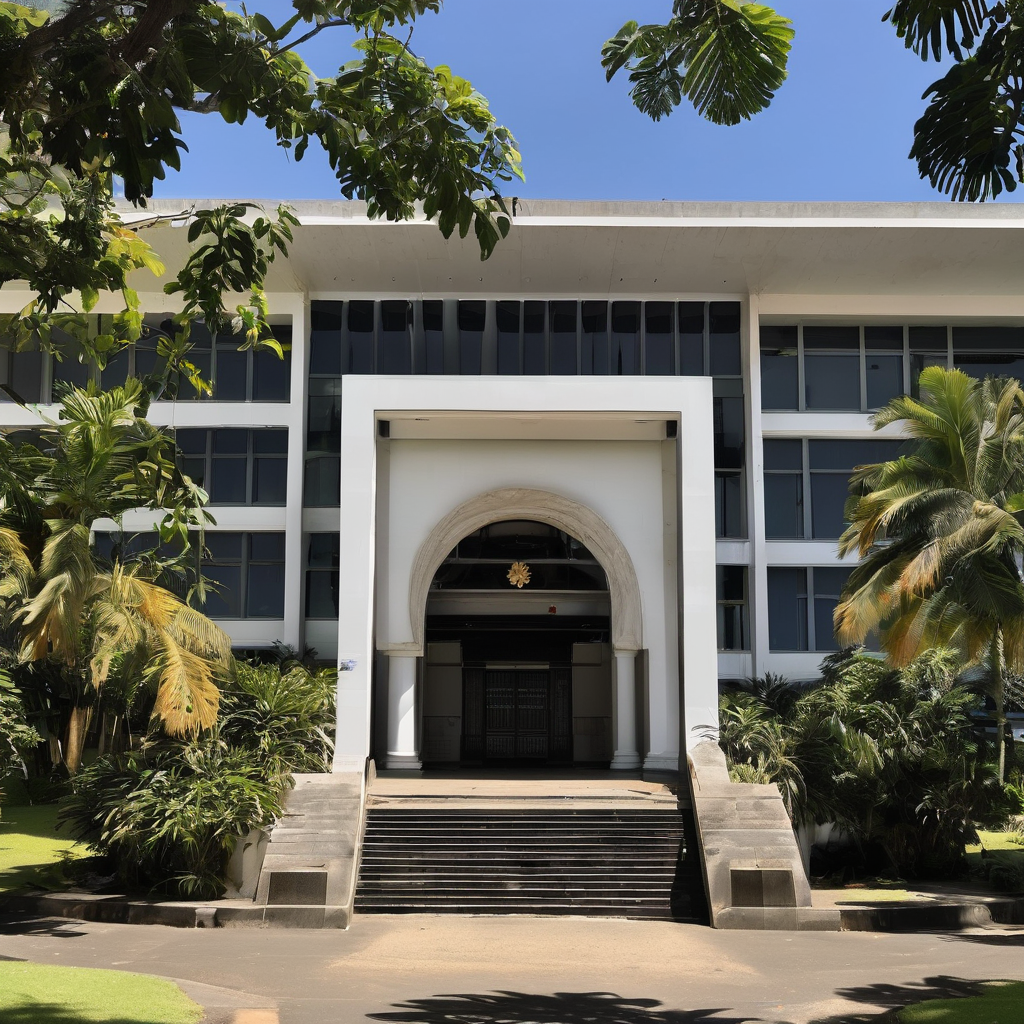The legal proceedings against former Attorney-General Aiyaz Sayed-Khaiyum and former Supervisor of Elections Mohammed Saneem have commenced in the Suva High Court, placing them at the center of a significant legal case in Fiji. Both individuals face charges related to the abuse of office, with the case expected to have far-reaching implications for governance and accountability in the country’s public offices.
Presided over by Chief Justice Salesi Temo, the case involves serious allegations against Sayed-Khaiyum, who, during his tenure as acting Prime Minister and chair of the Constitutional Offices Commission (COC), allegedly executed a second Deed of Variation and Addendum. This document purportedly allowed for the waiver of additional deductible taxes on Saneem’s back pay without obtaining the necessary approvals from the President or the COC, infringing upon Section 136 of Fiji’s 2013 Constitution.
Furthermore, Saneem stands accused of unlawfully obtaining a tax relief benefit totalling $55,944.03, allegedly facilitated by Sayed-Khaiyum. This benefit reportedly stemmed from back-pay adjustments linked to the controversial Deed of Variation, again secured without the required approvals.
In response, the defense intends to submit a no case to answer application, with submissions anticipated thereafter. The State has committed to an expeditious reply, and the hearing is set to proceed in the afternoon.
This trial has captured considerable public attention due to the potential ramifications for policy reform concerning ethics and oversight in Fiji’s public offices. The case highlights ongoing issues surrounding transparency and governance, prompting discussions about ethical behavior in government roles.
As the judiciary navigates this case, it presents an opportunity to reinforce public trust through fair and consistent justice application, potentially influencing future governance reforms. Observers are hopeful that the trial will result in stronger accountability procedures in public office, contributing to a fair and equitable legal process that upholds the rule of law in Fiji.
